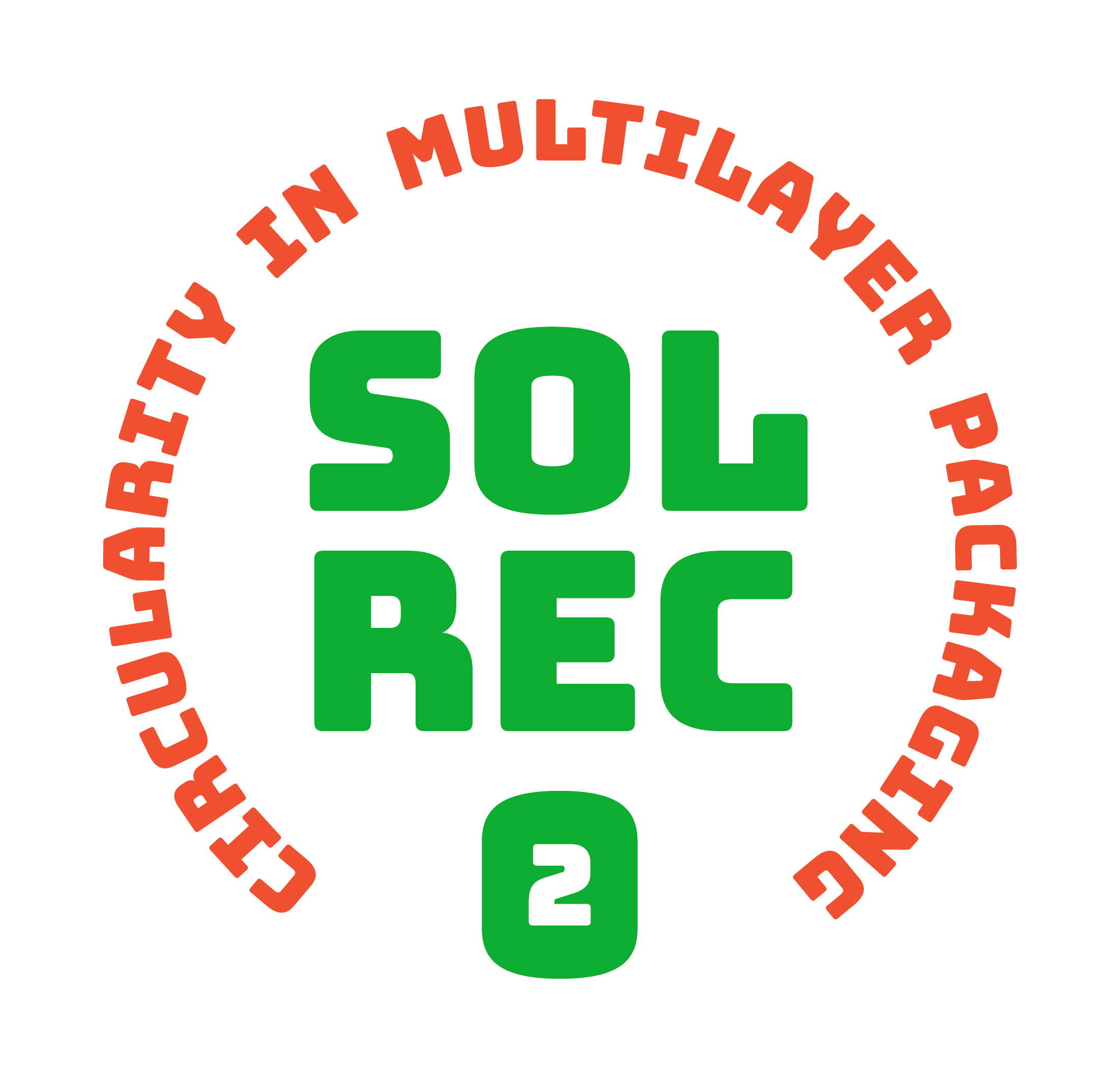WP1: Consumer surveys and consultation with key industrial players
Public engagement is critical to the successful implementation of any new recycling strategies that necessitate changes in consumer behaviour. This work package will establish on-going dialogue with the public and key industry stakeholders to ensure acceptance of our proposed innovative sorting and recycling strategies.
Key objectives are:
- Generate baseline data regarding current public attitudes and behaviour towards recycling and disposal of multi-layer packaging waste.
- Consultation with key players in food and pharmaceutical industries to identify key barriers that currently restrict recycling of laminate food packaging pouches and pharma blister packs.
- Establish positive public and industry perceptions of the Sol-Rec2 technology.
WP2: Determine composition of laminate pouches and pharma blister packs
Samples of laminate packaging pouches and pharma blister packs will be collected from multiple locations across Europe and extensively analysed using methodology outlined in an EC JRC technical report.
The key objectives of this work package are:
- Establish composition profile for laminate packaging – highlighting the average % content of key polymer films of interest, aluminium content, and chemical identity of most frequently used adhesives.
- Establish composition profile for pharma blister packs – highlighting the predominant type of plastic used in this application and the grade of aluminium foil used to seal the packs
WP3: Waste sorting, washing and shredding options
In function of the homogeneity of the collected waste and in order to have an accurate characterization of the collected waste in task 2.1,
we can work in three levels:
- Direct measurement of individual samples via FTIR-ATR (non-destructive tests).
- Direct measurement of selected samples via selective dissolution and further characterization (destructive tests).
In the worst case, where the collected waste is not homogeneous, we plan to work with a large number of samples and in reactor of up to 50 L. We will separate the layers by selective dissolution, to separate the different polymers via density and finally to characterize each one individually and calculate the %
WP4: Development of toolbox of solvents for selective polymer dissolution
This work package will focus on the identification candidate solvents for selective dissolution of PVC, PE and PP. Polymer solubility studies over a range of different temperatures will help to optimise dissolution conditions.
Key objectives include:
- A toolbox of low-cost ionic liquids/deep eutectic solvents suitable for highly selective polymer dissolution
- Successful demonstration of polymer dissolution technology using representative samples of laminate and blister packaging waste.
- Optimisation of polymer dissolution conditions for process scale up activities
- Technology transfer documentation for WP6.
WP5 : Design novel polymer recovery/purification processes
Research activities in this work package will be focused on establishing simple and low-cost recovery and purification procedures for isolating targeted polymers and regeneration of solvent for reuse.
Key objectives are:
- High yielding isolation procedures for the recovery of target polymers (PVC, PE or PP) from ionic liquids.
- Cost-effective separation process for isolating aluminium from packaging residues
- Establish ionic liquid/ deep eutectic solvent recycling protocol.
- Recovery/purification processes yield high purity (>99%) polymers and aluminium suitable for high-quality final product applications.
- Technology transfer documentation for WP6
WP6: Process scale up and pilot plant validation studies
Work package 6 deals with process scale up activities leading to a pilot plant validation campaign to demonstrate progression of the Sol-Rec2 technologies to TRL5.
Key objectives include:
- Design, construction, and commissioning of pilot-reactor for polymer dissolution/recovery validation trials.
- Minimum of three validation batches performed in 100L pilot reactor.
- Quality and performance of recovered polymers and aluminium is equivalent to virgin materials
- Utilise recovered polymers in the fabrication of high-quality products.
WP7: Sustainability analysis from a life cycle perspective
This work package will focus on assessing the long-term sustainability of the proposed new plastics recycling strategies being developed during the project, taking into account social, economic and environmental factors.
Key objectives are:
- Study the environmental suitability & impact of the proposed processes and solvents by a Life Cycle Assessment (LCA) and Social Life Cycle Assessment (S-LCA).
- Overall economic effects and benefits of implementing the technologies/materials developed within the project, with specific attention to the LCC.
- Ensure that the new ionic liquids and their processing technology complies with the relevant regulatory, toxicology and Health & Safety landscape.
WP8 : Dissemination and exploitation
This WP covers all activities linked to the successful exploitation of project results to the scientific community, to industrial stakeholders and to potential end users by:
- Defining dissemination and technology transfer strategies
- Defining target groups with a focus on potential industrial end users
- Communicating the technologies developed in the project
- Developing a detailed exploitation plan
- Developing a solid IP strategy, to protect any IP generated during the project and to avoid possible conflicts arising within the consortium
- Publishing and presenting project results at relevant conferences and exhibitions
- Promoting standardisation and contributing to (pre)-standardisation initiatives
- Monitoring Sol-Rec2’s achievements, comparing with the state of the art, market trends, and business models
- Outlining a post-project business plan, including a route to market and a marketing strategy
WP9 : Project management
The overall aim of this WP is to manage the project, ensuring achievement of all planned objectives and consideration of potential risks and related measures. WP9 will cover administration activities, co-ordination and organisation of actions, communication within the consortium and towards the EC, and supervision of technical and financial aspects of the projects. This will be achieved following specific management processes and rules, enabling to share information and knowledge inside the consortium.
The main objectives are as follow:
- To coordinate all administrative, technical, and scientific project activities.
- To produce a quality assessment and monitoring plan for the project.
- To ensure compliance with the project contract, description of work, and quality plan.
- To monitor progress between planned and actual activities, identify any aspects requiring attention and provide mitigation strategy when required to ensure goals are achieved within the expected time frame.
- To produce reports on project progress and ensure the effective use of resources for realising project activities.
- To manage project budget and expenditure in an efficient, transparent and correct manner in accordance with EC rules.
- To plan and facilitate communication and interactions within the consortium and with the EC (project coordinator to act as the single point of contact in all the communications with the EC).


